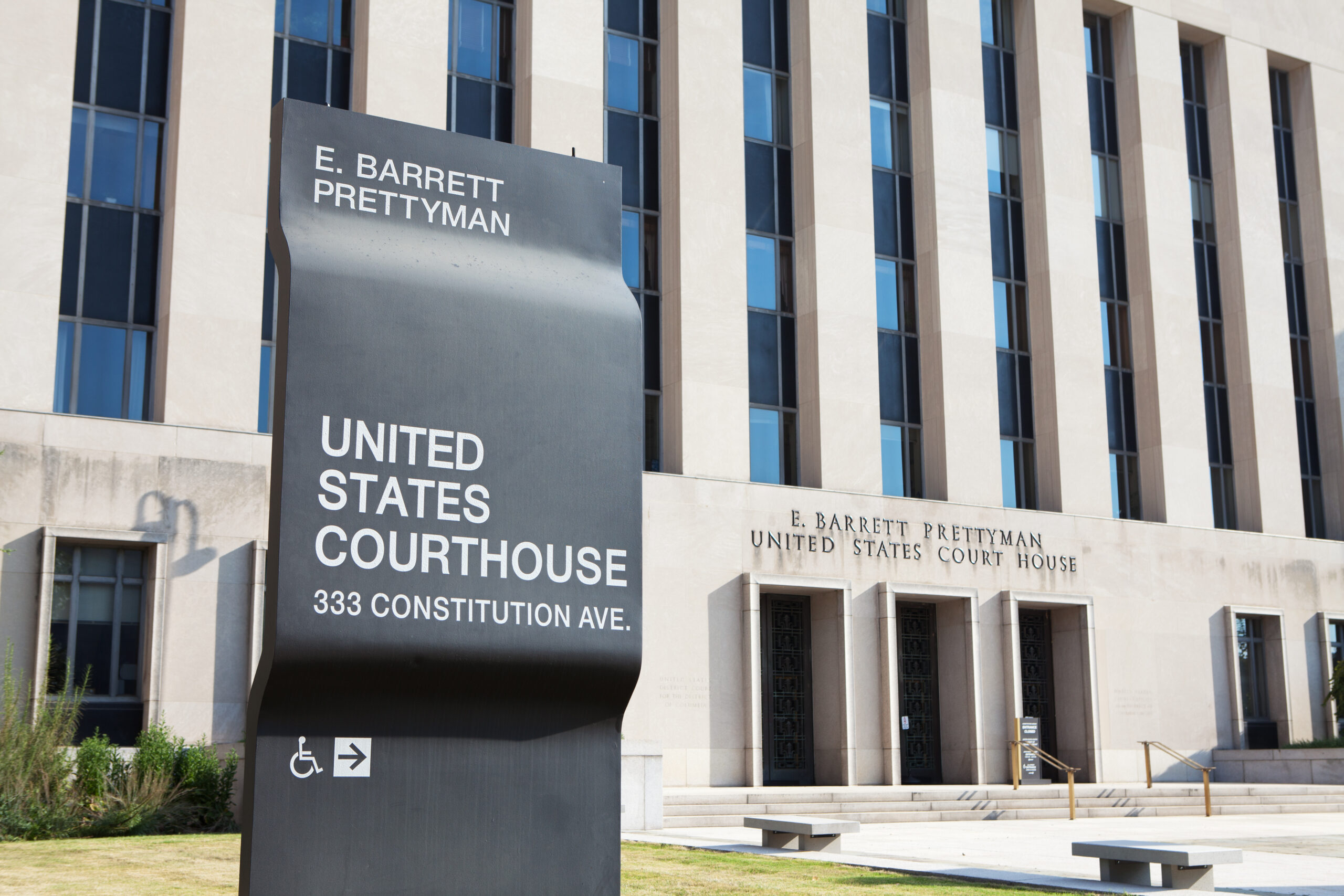Listen To Story Above
A recent analysis suggests that if an election were held today, the Labour Party would suffer a devastating loss of nearly 200 parliamentary seats, with Nigel Farage’s Reform UK party emerging as a significant political force.
The study, conducted by the More in Common think tank for the Sunday Times, indicates that Prime Minister Sir Keir Starmer’s party would experience a dramatic decline from their landslide victory just six months ago, potentially losing 183 seats in the House of Commons and subsequently their parliamentary majority.
https://twitter.com/Telegraph/status/1873337388057162029
The extensive polling data, which surveyed over 11,000 constituents, reveals that seven current cabinet ministers could lose their positions. Six of these ministers, including Deputy Prime Minister Angela Rayner, Home Secretary Yvette Cooper, Defence Secretary John Healey, Energy Secretary Ed Miliband, Education Secretary Bridget Phillipson, and Business Secretary Jonathan Reynolds, would be defeated by Reform party candidates. Health Secretary Wes Streeting is projected to lose to an independent candidate, following his narrow victory over a pro-Gaza opponent in July.
The constituency-level analysis projects Labour winning only 228 seats, a sharp decrease from their previous 411 seats. This falls significantly short of the 326-seat threshold required for a parliamentary majority. Even a potential alliance with the Liberal Democrats, predicted to secure 58 seats, would not provide enough seats to form a government, likely resulting in a hung parliament.
Reform UK’s influence appears to be growing substantially, with projections showing an increase from their current five parliamentary seats to 72, positioning them as the third-largest party in the Commons.
UK director of More in Common, Luke Tyrl, stated: “Since July, Labour has lost a big chunk of support in a very short time, Conservative recovery so far has been narrowly with core votes, Reform have real momentum, the SNP are benefiting from Labour woes and the Lib Dems are likely to be very resilient.”
https://twitter.com/TimesRadio/status/1838526298764853570
With the next scheduled election not due until 2029 and no immediate prospects of an early election, Reform UK has considerable time to expand its influence. The polling data suggests significant potential gains in South Yorkshire, North Nottinghamshire, Greater Manchester, and Wales. The party is already polling second in 206 constituencies, indicating potential for even greater success than current predictions suggest.
The findings coincide with Reform UK’s recent milestone of surpassing the Conservative Party in paid membership numbers over the Christmas period.
Additional polling data from More in Common reveals growing public skepticism about Starmer’s leadership capabilities. Half of the surveyed population expects the country’s situation to deteriorate in 2025, while only 23 percent anticipate improvement under Labour’s governance. Though one-third of respondents believe Starmer might resign within the year, such a scenario would result in his replacement by another party member rather than triggering new elections.







